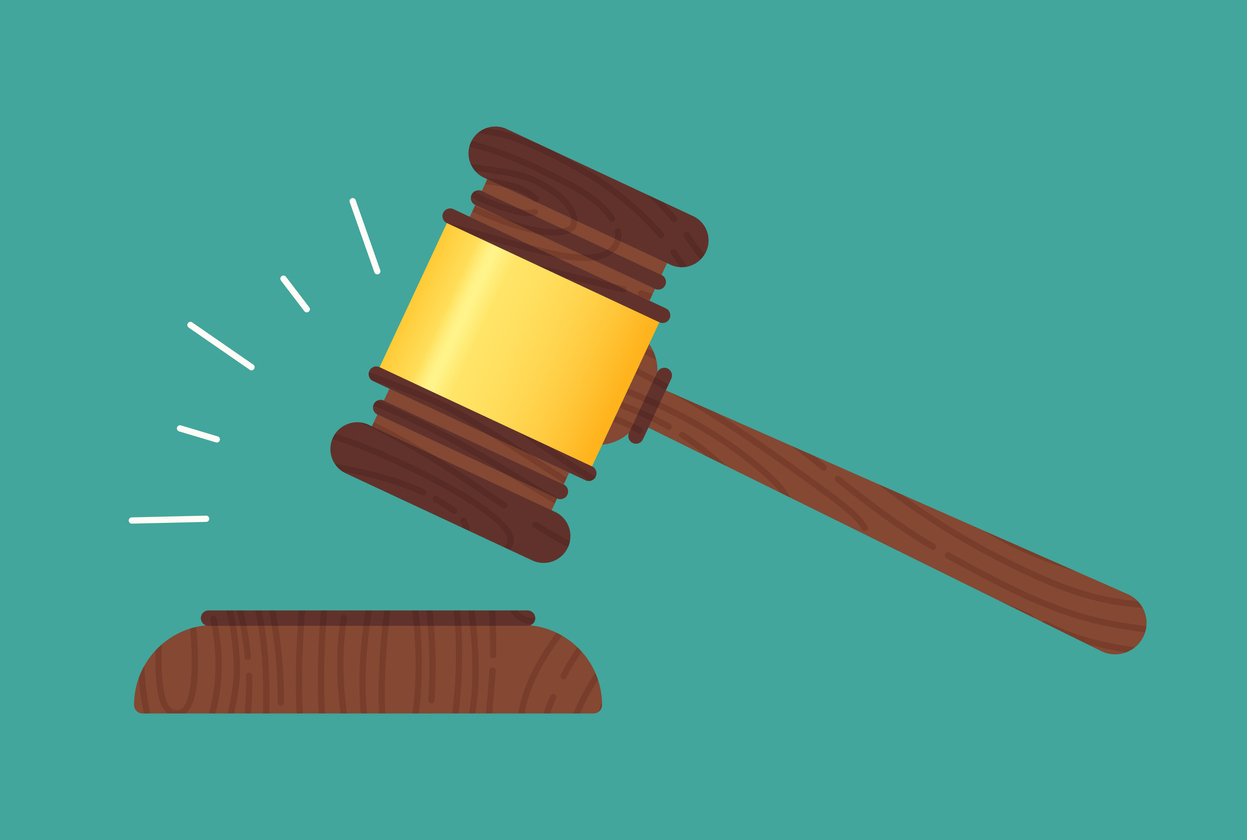
On Thursday February the 10th 500,000 people convicted of low-level, not violent crimes in Utah had their records expunged automatically. In 2019, the Utah legislation passed the “clean Slate” law. The law affects people convicted of class A misdemeanor drug offenses, most class B and C misdemeanor offenses and all infractions.
Governor Spencer Cox was quoted as saying “We believe in the rule of law and holding people accountable, and we believe in second chances.” Officials stated that the state already had an expungement process available but was not utilized often due to the costs and confusion of the system. Under the new law, people convicted of low-level crimes need not do nothing but simply not reoffend for 5 to seven years dependent upon the severity of their crime. Only Pennsylvania has such a law in place thus far in our country.
In the Mandt System training courses we do a values activity and one of the top five picked values they want more of at work is the word forgiveness. People want to feel that in their relationship’s forgiveness will exist when we make a mistake…which at some point we all will do. What I love about the “clean slate” law is that the state is practicing this value at a macro level. One of the key conflict resolution steps is the ability to practice forgiveness if the relationship is to go forward. This law allows people to take responsibility for their actions but once their time has been served, they are forgiven.
This forgiveness allows people to once again find it easier to find a job and find an apartment without the fear of their mistake looming over them and not allowing them to move forward.
Forgiveness is one of the key foundational values in building healthy safe relationships. We often talk about this in our work relationships at a micro level but what Utah has done is display forgiveness at a macro level. One of the keys to positive behavior intervention supports is to focus on the “next time”. When I have been given forgiveness, I am less likely to do the same mistake because I have been restored to a place that allows me to make a better or safer choice.
Citizens of the state Utah must feel safer knowing that even if they mess up at a lower level, it will not be used against them for the rest of their lives. One of the keys to restorative justice is getting people back to a place they can contribute in a positive way to society in way that prevents future harm. By having the clean slate law, Utah can really show this worked out in a very practical way. Forgiving others is easier when you yourself have been shown forgiveness. Well done, Utah!!
Tim Geels – Director of Governance & Implementation



